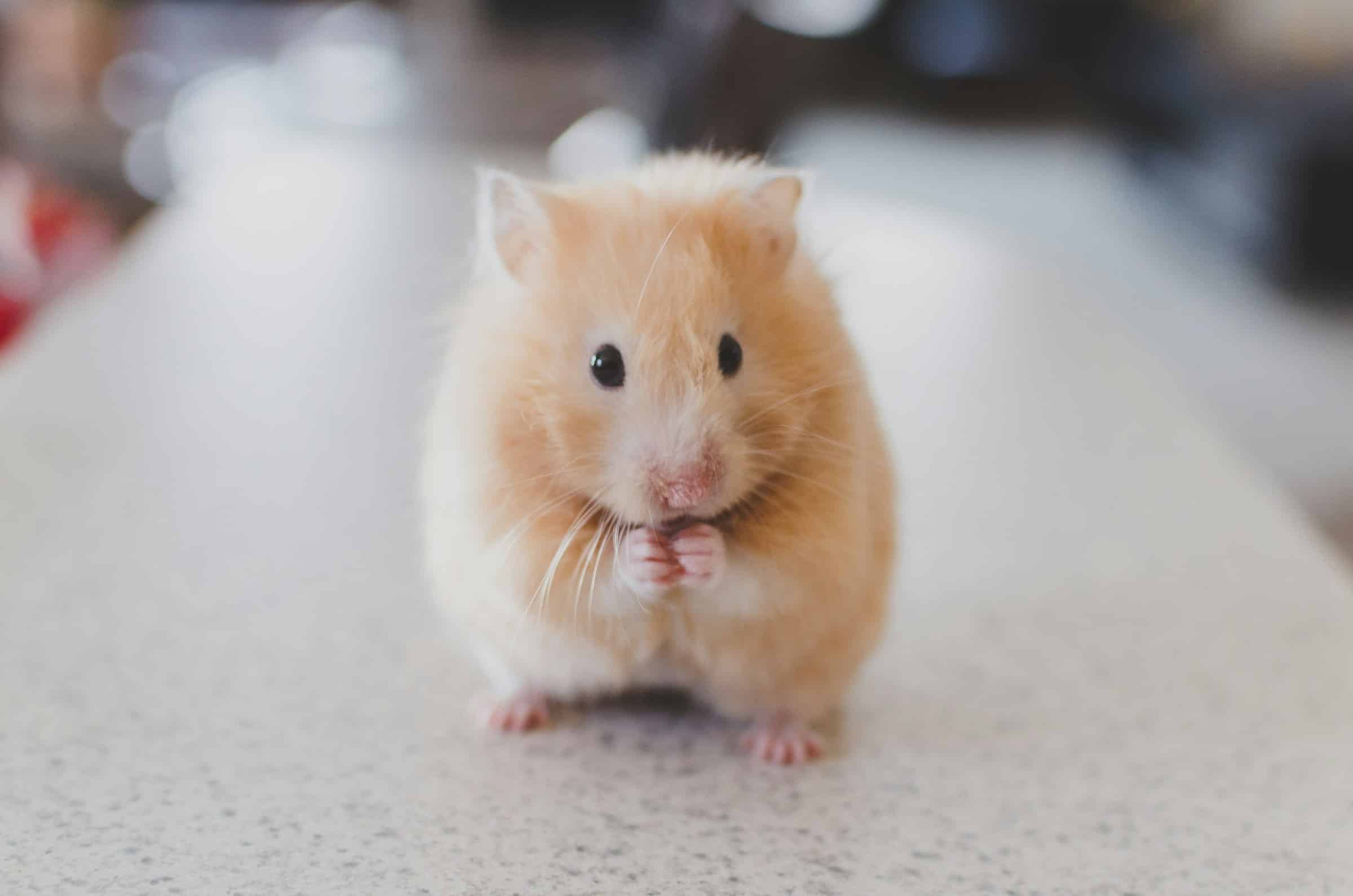How to Provide Cognitive Enrichment for a Pet Rat Using Homemade Puzzles?

As pet owners, you constantly strive to ensure your animals’ mental and physical wellbeing. While dogs and cats often take center stage in this realm, small animals like rats also require stimulation and exercise to thrive. According to the American Kennel Club (AKC), cognitive enrichment for pets is as crucial as physical exercise. The same applies to rats, who are intelligent, social creatures that benefit from mental stimulation. This article serves to guide you in providing cognitive enrichment for your pet rat using homemade puzzles.
A Deeper Understanding of Rat Intelligence
Before delving into the methodology of crafting homemade puzzles for your pet rat, it is essential to understand their level of intelligence. Rats, much like dogs, cats, and other pets, are highly intelligent creatures.
Have you seen this : How to Teach an Australian Shepherd to Perform Advanced Agility Exercises?
Rats have been used in numerous scientific studies due to their impressive cognitive abilities. They have strong problem-solving skills and can remember routes and patterns. With this understanding, let’s explore the value of cognitive enrichment and how it can help your rat’s mental health and overall wellbeing.
Cognitive enrichment aids in keeping your pet rat mentally stimulated. When presented with new challenges, such as puzzles, rats must use their problem-solving skills to find a solution. This exercise can help to prevent boredom, reduce stress, and increase their overall happiness. This process mirrors how dogs and cats benefit from toys and games. The AKC even promotes the use of cognitive enrichment to help enhance pets’ quality of life.
Also to see : What Are the Best Strategies for Introducing a Puppy to Water Activities Safely?
Creating Homemade Puzzles for Rats
After recognizing the mental prowess of rats and the importance of their cognitive enrichment, you might be wondering how to implement this in a practical way. One of the most effective methods is by creating homemade puzzles. This not only allows you to tailor the difficulty level to your pet’s abilities but also provides an opportunity to recycle household items.
For instance, you can make a simple puzzle by using a small cardboard box. Make several holes in the box, each large enough for your rat to stick its head through. You can then hide treats inside the box. The rat will have to figure out how to reach the treat through the holes, providing a fun and stimulating challenge.
Moreover, you can make a more complex puzzle by creating a maze out of cardboard. The maze can have multiple routes, with a treat placed at the end. This will engage your rat’s problem-solving skills and memory, as it tries to find the most efficient route to the treat.
Incorporating Treats into Puzzles
Adding treats to the puzzles drastically increases their effectiveness. Just like dogs or cats, rats are food-motivated and will be more inclined to solve the puzzle if they know there is a food reward at the end.
Various foods can serve as effective treats for your rat. Fresh fruits and vegetables, for instance, are a healthy option. However, ensure the treats are cut into small, manageable pieces to prevent choking hazards. Also, remember to limit the amount of treats given to prevent obesity or other health issues.
Besides fruits and vegetables, you can also use commercial rat treats available at pet stores. These treats are often formulated to meet nutritional requirements and come in different flavors, making them enticing for your pet rat.
More than Just Puzzles
While homemade puzzles are an effective form of cognitive enrichment, remember that they are not the only method. Rats are social animals and benefit greatly from interaction with their owners and other rats. Play sessions can stimulate their minds and help them develop socially.
In addition, consider changing the layout of their cage periodically. This creates a new environment for them to explore and adapt to, further stimulating their minds. You can also introduce new objects or toys into their cage, providing them with a fresh source of interest.
In conclusion, cognitive enrichment is crucial for all pets, including rats. Homemade puzzles, combined with treats, play sessions, and a dynamic living environment, can help provide your rat with the mental stimulation they need to thrive. So, the next time you’re thinking about how to enrich your pet’s life, don’t forget to consider their cognitive needs. After all, a happy pet is a healthy pet.
The Role of Environmental Enrichment for Pet Rats
Understanding the need for cognitive enrichment for rats requires a look at the role of environmental enrichment. Just like dogs and cats, rats thrive in environments that offer a variety of stimulating activities. In nature, rats spend their time foraging for food, exploring their surroundings, and engaging in social behaviors. Captive environments should mirror this as closely as possible to promote the wellbeing of your rat.
Environmental enrichment for rats involves providing a variety of physical structures for them to explore. This can include tunnels, ramps, and multi-level platforms. These structures allow rats to engage in natural behaviors such as climbing and burrowing, providing both physical and mental stimulation. Rats also benefit from a variety of textures in their environment, such as cloth, wood, and paper. Providing these materials allows rats to engage in natural behaviors such as gnawing and nesting, further contributing to their cognitive enrichment.
Moreover, the use of food puzzles is a key aspect of environmental enrichment for rats. These puzzles not only act as a source of mental stimulation but also mimic the foraging behaviors that rats engage in in the wild. Food puzzles can be as simple as a ball filled with treats that the rat must manipulate to release the food, or as complex as a multi-part puzzle that requires problem-solving skills to access the food reward.
Environmental enrichment can also involve incorporating social interactions into the rat’s daily routine. Rats are social animals and need regular interaction with both their human caretakers and other rats. Group play sessions, daily handling, and training exercises can all provide valuable social stimulation for rats.
Conclusion: Prioritizing Animal Welfare
Incorporating cognitive enrichment into your rat’s routine is a key aspect of animal welfare. This goes beyond basic needs such as food and water, contributing to the overall quality of life for your pet. Much like the AKC advocates for dog sports and training exercises for dogs, pet owners should strive to provide similar enrichment opportunities for rats.
Homemade puzzles are an easy and cost-effective way to provide mental stimulation for rats. These puzzles can be tailored to your rat’s individual abilities, providing an appropriate level of challenge. Incorporating treats into these puzzles can further increase their effectiveness, as rats are highly motivated by food rewards.
Just as dogs and cats benefit from a dynamic living environment, so do rats. Regular changes to the cage layout, as well as the introduction of new toys and objects, can provide ongoing stimulation for your rat. This can help to prevent boredom, reduce stress, and improve overall wellbeing.
While providing cognitive enrichment for your rat requires some effort, the benefits are well worth it. Your rat will be happier, healthier, and more engaged in their environment. Plus, watching your rat solve puzzles and explore new environments can be a rewarding experience for you as a pet owner.
In conclusion, don’t forget the importance of cognitive enrichment for all pets, including small animals like rats and mice. Whether you’re a dog owner, a cat lover, or a fan of small furry friends like guinea pigs and rats, remember that mental stimulation is just as important as physical exercise. So, go ahead and create that food puzzle, change up the cage layout, or plan that play session. Your pet’s health and happiness depend on it.
